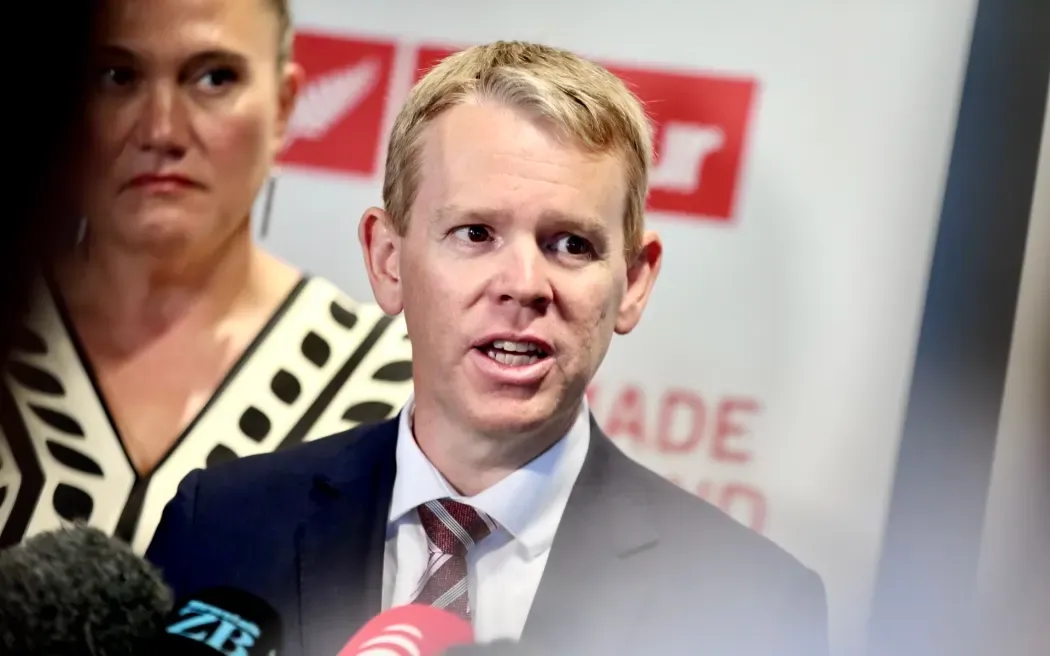Table of Contents
Don Brash
Don Brash was Reserve Bank Governor from 1988 to 2002, and National Party Leader from 2003 to 2006.
I’ve just read a depressing defence of the Government’s policy of prioritizing Maori and Pasifika when it comes to surgical waiting lists. It was written by one Will Trafford and published by Te Ao Maori News.
As background, most readers will recall that it was revealed in the New Zealand Herald of 19 June that Health New Zealand (or Te Whatu Ora as they prefer to be known) has introduced “an Equity Adjustor Score” intended to “reduce inequity in the system by using an algorithm to prioritise patients according to clinical priority, time spent on the waitlist, geographic location (isolated areas), ethnicity, and deprivation level”.
In the “ethnicity category”, Maori and Pasifika are top of the list, with all other ethnicities lower-ranked.
There has been strong push-back against using ethnicity as the basis for determining priority for surgery, from at least some surgeons, and from both the National Party and ACT.
Mr Trafford offers four arguments in defence of the system.
First, he argues that “Maori experience poorer health outcomes than non-Maori, for no fault of their own.” He notes that “Maori have higher rates of chronic conditions such as cardiovascular disease, diabetes and respiratory diseases.”
Second, he notes that “Maori have a lower life expectancy than non-Maori.”
Third, he argues that “Maori face barriers in accessing healthcare services, leading to delays in receiving appropriate treatment.”
And finally, he argues that “the New Zealand government has a commitment to equitable participation in healthcare for Maori through Te Tiriti o Waitangi”.
The first three of those arguments don’t carry water at all. If, as he asserts, probably correctly, Maori have poorer outcomes than other New Zealanders, they will by definition be getting more access to surgery given that clinical priority, time spent on the waitlist, geographic location (isolated areas) and deprivation are already key criteria in determining who gets priority access to surgery. There is absolutely no reason to add ethnicity on those three grounds.
David Seymour asked the Prime Minister in Parliament on Tuesday this week whether he would be considered Maori for the purposes of receiving healthcare, and was told that that was up to him. (Mr Seymour has some Ngapuhi ancestry.) As Mr Seymour commented: “That settles the question of how Te Whatu Ora determines whether someone is Maori, Pasifika, or another ethnicity for the purposes of prioritizing people on the surgical waitlist. You can just self-identify.”
It is Mr Trafford’s fourth argument for prioritizing Maori and Pasifika which is the weakest. He argues that Te Tiriti requires the government to provide “equitable participation in healthcare for Maori”. (Te Tiriti said nothing about Pasifika of course.) And he is surely right that Article III of Te Tiriti made it clear that all New Zealanders were to have equal rights and responsibilities, but equal rights cannot be interpreted to mean superior rights for those who chance to have one or more Maori ancestors.
If clinical priority, time spent on the waiting list, living in a remote area and deprivation level are used as criteria in ordering the waiting list, those with a Maori or Pasifika ancestor may on average get a degree of priority, but that should have nothing whatsoever to do with who their ancestors were.









